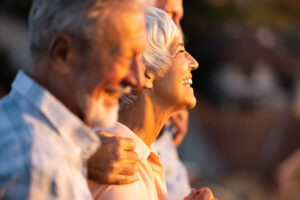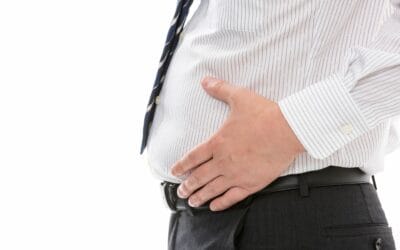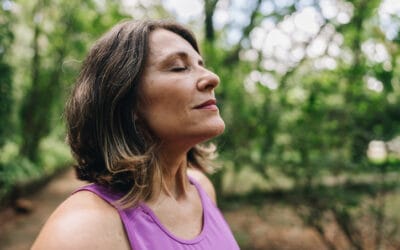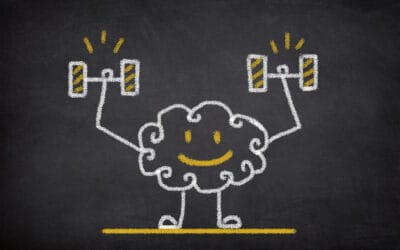What do we mean by aging?
The word aging refers to the physiological and progressive deterioration of an organism’s functionality, particularly with regard to its ability to adapt to changes in its environment. But what is the reason why our body, like that of any other living organism, goes through aging? What causes us to age? As early as 2013, nine mechanisms (called hallmarks) were identified that underlie this process and describe what happens to our bodies as we age. For example, one such mechanism is the accumulation of damage (mutations but not only) to DNA, the molecule that holds the information for the synthesis and expression of all proteins in our bodies.
Similarly, the shortening of telomeresEnd parts of the chromosomes. They have the function of making DNA more stable and their length is inversely correlated with ageing., the ends of our chromosomes, and the alteration of all those biochemical changes that regulate the turning off and on of genes (called epigenetic changes) also play an important role in the aging process. Recently, in 2023, three more mechanisms were added to these nine mechanisms, involving the triggering of generalized inflammatory processes (inflammaging"Chronic low-grade inflammation" or inflammaging, such as a state of low intensity but constant organic inflammation (associated with an increase in some proteins, the inflammatory cytokines) that causes damage to the body.), dysregulation of specific immune system mechanisms (deactivation of macroautophagy), and, finally, alteration of the gut microbiota (dysbiosis).
What is cellular aging?
All these mechanisms contribute to cellular aging (or senescence), which is a hallmark in its own right and leads to the accumulation of so-called “zombie cells,” which cause inflammation in the tissues of which they are a part. These are basically cells that are no longer functioning, but have also lost their ability to self-eliminate (hence the name “zombies”).
At what age does one begin to grow old?
Defining exactly when the aging process begins is not trivial. It could even be said that from the very moment the very first cells that constitute us begin to divide we are already aging. Generally, however, we correspond the beginning of the aging process of the organism with mature age, after the age of 30, when statistically the functions of organs and apparatuses gradually begin to decline.
When does old age begin?
According to the official definitions adopted, the transition from adulthood to old age corresponds to the age of 65. However, nowadays there would be several good reasons to disagree, so much so that scientific societies such as the Italian Society of Geriatrics and Gerontology have proposed updating the concept of seniority, raising the threshold to 75 years. In this regard, an interesting point is the difference between registry age and biological age: while the former is simply a convention, the latter is instead a measure of the aging of the organism, based on the effectiveness of mechanisms that keep cells young and markers of organ and system function.
What is it that makes us grow old?
Another interesting aspect is to try to understand what factors are causing us to age faster or not allowing healthy aging. It is now well known, for example, that cigarette smoking is an enemy of healthy longevity and is a risk factor for the development of many diseases that have a major impact not only on our quality of life but also on our very survival. Not only that, sedentary lifestyle, sleep disorders, being overweight, unbalanced diet, and pollution are also factors that promote and accelerate aging.
How to slow down aging?
In contrast, anything that can counteract the onset of chronic generalized inflammation (inflammaging) can help us. Recently, for example, some foods have been identified that can play a positive role in this regard. Similarly, a balanced diet and regular physical activity are other factors that promote healthy longevity.
Is it possible to stop aging?
Although we cannot stop the passage of time, much can be done to slow down the aging processes, ensure that we age as healthily as possible and thus have a good quality of life in all phases of our existence. Changing one’s habits by adopting better ones, following paths of training, diet and dietary supplementation designed by professionals based on one’s characteristics and needs are actions that can put a brake on aging and make the mechanisms that guide the functioning of cells and the entire body efficient again.







